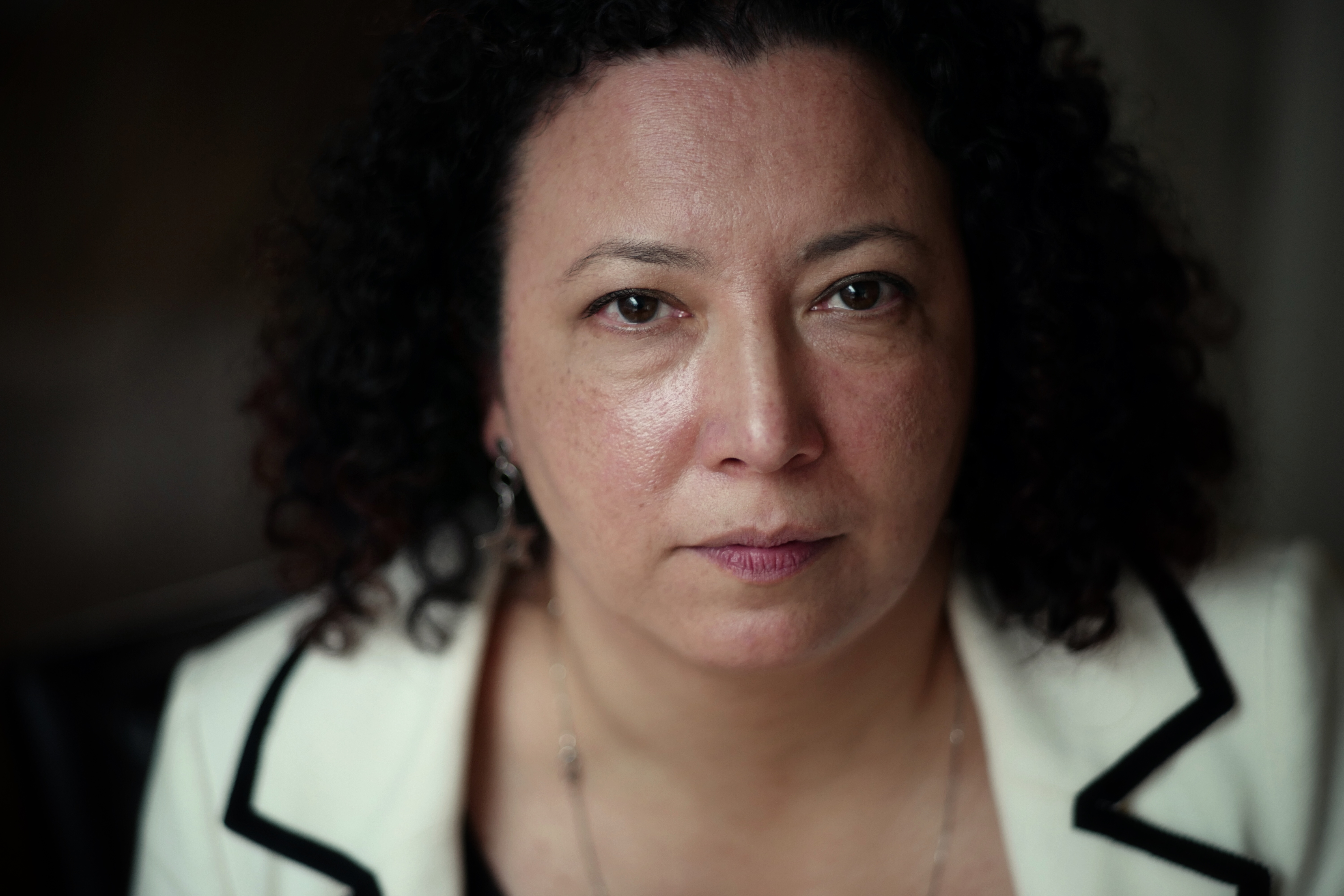Katie Roche's Blog
Why Maya Forstater Must Win. Even if you Don’t Agree With Her

Last week, Maya Forstater had her employment appeal tribunal hearing. For those unfamiliar with the case, Forstater was working for a think-tank. She tweeted criticisms of the British government’s plans to reform the gender recognition process. These reforms would have allowed people to change their legal gender with no medical intervention. These plans have since been scrapped. She also got into a dispute with Gregor Murray. Murray is a local councillor for Dundee. They identify as nonbinary and use they/them pronouns. In one tweet, Forstater referred to Murray as “he”, thus “misgendering” them. Her company did not renew her contract because of her comments on Twitter. She took the company to a tribunal on the grounds of discrimination based on her philosophical belief that sex is immutable. In the Equality Act, philosophical beliefs are one of the nine protected characteristics. Forstater lost the case on the basis that her belief “was not worthy of respect in a democratic society”. The original judgement was concerning for two reasons. First, the idea that acknowledging the existence of biological sex is “not worthy of respect in a democratic society” is alarming. Second, the ruling has grave implications for privacy and freedom of speech.
You can read the judgement from this hearing here. Joshua Rozenberg QC has also written an excellent analysis of how the judge erred when he made the judgement. As he explains, the judge seems to have become side-tracked and instead examined the science of biological sex. Forstater lost the case because of her “absolutist” view that sex is binary and immutable. The judge came to the conclusion that sex isn’t binary, based on articles on the biology of sex that were submitted in the evidence bundle. The bundle included an article from the New York Times by Dr. Anne Fausto-Sterling. Sterling is a professor of biology and gender studies at Brown University. Her article claims that it’s not possible to determine a person’s sex from their chromosomes. This article seems to have convinced the judge that biologists no longer view sex as binary. But is this the scientific consensus?
The problem is, there are scientists who believe in almost any viewpoint. And you can cherry-pick evidence for almost anything. There are scientists who believe God created the earth in 7 days. And Luc Antoine Montagnier, a virologist and Nobel laureate, believes in homeopathic medicine. But those views aren't representative of the scientific community. Which raises the question: does Fausto-Sterling’s view represent the scientific consensus, or is she a maverick of the field? Was the judge shown cherry-picked information that led him to think that the scientific consensus is that sex isn’t binary? There’s a big difference between “some scientists think this” and “this is the scientific consensus”. But as a non-scientist, it’s difficult to know if a certain scientist’s views reflect the scientific consensus.
But, from a medico-legal standpoint, sex is binary. Babies are still sexed as male and female. A sonographer can determine the sex of a foetus. They don’t use genes to determine the sex of the foetus. They simply observe the genitalia. The same is true when the child is born. The midwife or doctor who delivers the baby observes the child’s genitalia. The law only recognizes two sexes. And the only circumstances a person can change sex in the eyes of the law is with a Gender Recognition Certificate. The job of the judge is to interpret the law.
But the judge has instead tried to interpret the science of sex. For instance, point 83 of the judgement says: “The Claimant largely ignores intersex conditions and the fact that biological opinion is increasingly moving away from a absolutist approach to there being genes the presence or absence of which determine specific attributes, to understanding that it is necessary to analyse which genes are present, which are switched on, the extent to which they are switched on and the way in which they interact with other genes”. As well, pages 13-14 consist of a lengthy passage on intersex conditions where the sex chromosomes may not match the person’s observed sex. Bringing intersex conditions into the argument conflates biological sex and gender identity. The existence of intersex people proves nothing about gender identity. Most transgender people aren’t intersex, and most intersex people aren’t transgender. Yet the judge gave intersex people as an example of why Forstater’s beliefs were incorrect.
The judgement also refers to her dispute with Murray. The judge used this dispute to make the case that Forstater refuses to use a person’s preferred pronouns on principle. Even though she maintains she misgendered Murray by mistake. Misgendering a transgender person could be harassment. But it’s easy to misgender someone by accident. Bear in mind that on Murray’s profile picture, they have short hair and a beard and wear men’s clothing. Gregor is also a men’s name. Hence, it is easy to think that Murray identifies as a man and uses he/him pronouns. Even many sympathetic reports and posts have used he/him pronouns to refer to Murray. These include an internal investigation by the Scouts association on Forstater’s “misgendering”. As well as a transgender activist who was tweeting in support of Murray. Which shows even the most ardent supporters of the transgender movement can mistakenly misgender someone.
Furthermore, Murray wasn’t an innocent victim being trolled by a bigot. Since the first hearing, Murray has been expelled from the Scottish National Party because they made misogynistic comments on social media. In the past, Murray described a group campaigning for women’s political representation as “absolute roasters”. They also described boardroom quotas for female members as “fucking stupid” and “the biggest load of pish I have ever seen”. The argument between Murray and Forstater got heated on both sides. It’s wrong to frame this as harassment. Also, Murray was not a colleague or a client of the think-tank. The dispute had nothing to do with Forstater’s employer. It was a private matter.
The other issue with the original ruling is the implications it has for privacy and freedom of speech. What Forstater said was on her own time and on her personal Twitter account. She wasn’t talking about anyone at work. And she wasn’t representing the company when she said it. What Forstater said was in public. But a private life means a life outside of work. Something we are all entitled to. If she had been overheard making these comments in a pub or a café, should she have been sacked? No. Even though a pub or a café are in public, it’s an intrusion into private life. I’ve argued in the past that social media is taking the place of the pub, the café and the living room in social life. People have the discussions they would have with their friends and family in person, on social media. The law should reflect that.
There are circumstances where what happens online is relevant to work. For instance, if someone were involved in illegal activities. If an employee was claiming to represent their work and making controversial statements. If they had been using social media during work time. Or if some other work issues were revealed. For instance, a person’s social networks could demonstrate they had an undisclosed conflict of interest. In these cases, it is reasonable to look at a person’s conduct on social media. But most of the time, what you do on social media isn’t your employer’s business. Your employer doesn’t own you. It shouldn’t control what you do or say on your own time, as long as it doesn’t affect your work. By allowing employers to use our social media activities against us, it’s an infringement on our private lives. It puts us all in a position where we constantly have to conduct ourselves as if we were at work. This isn’t right.
We must all hope Forstater’s appeal succeeds. If her appeal fails, it makes a mockery of the Equality Act. What’s the point in having protected beliefs if believing basic scientific facts is not protected? And what will it mean for free speech and privacy if the law says we are to follow our employer’s rules on what we do and say online, even when we’re not at work? Let’s hope the judge in the appeal makes the right decision.
See previous post
See next post
See older posts
If you enjoyed this article, please consider making a donation to support the site.






